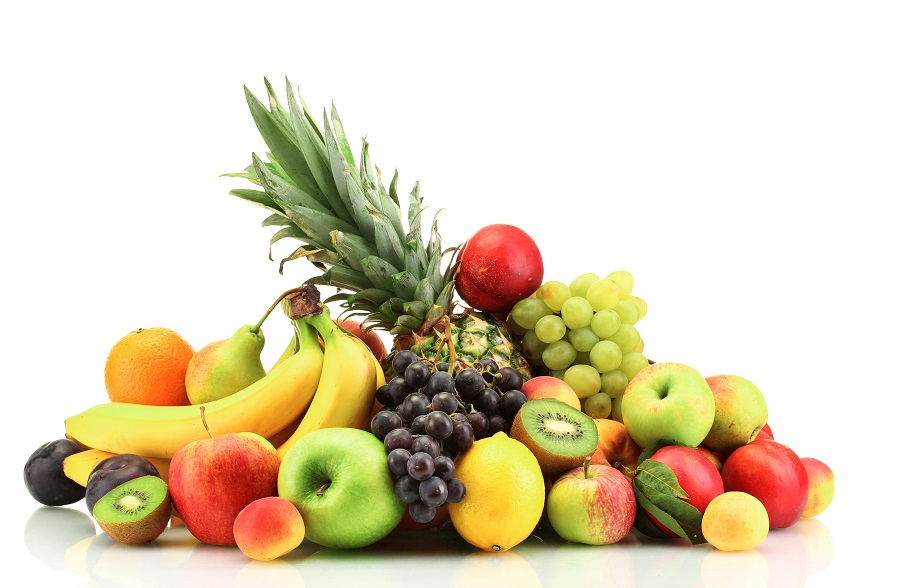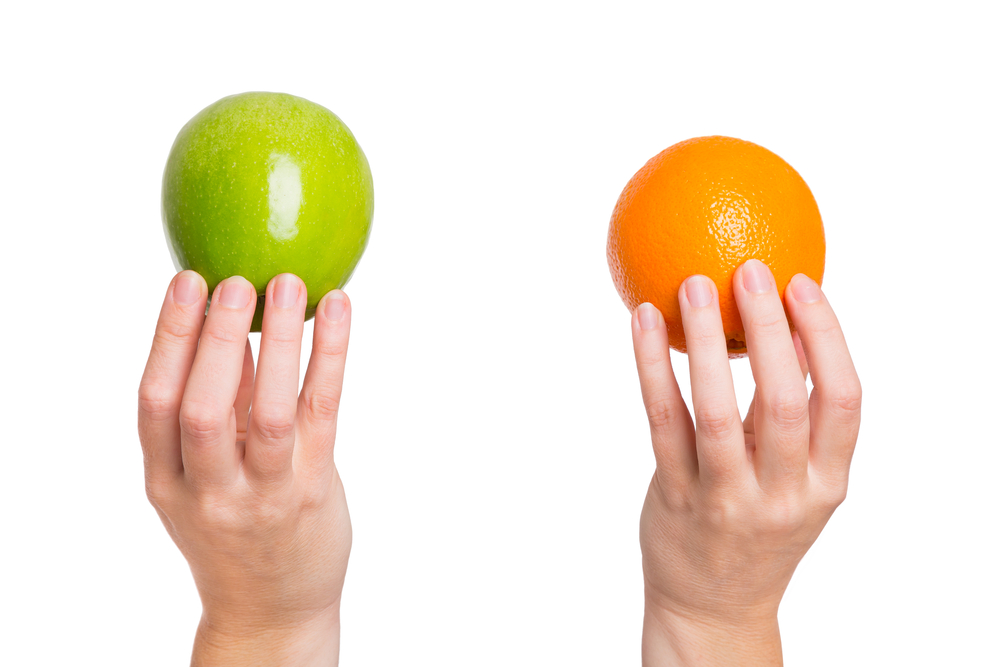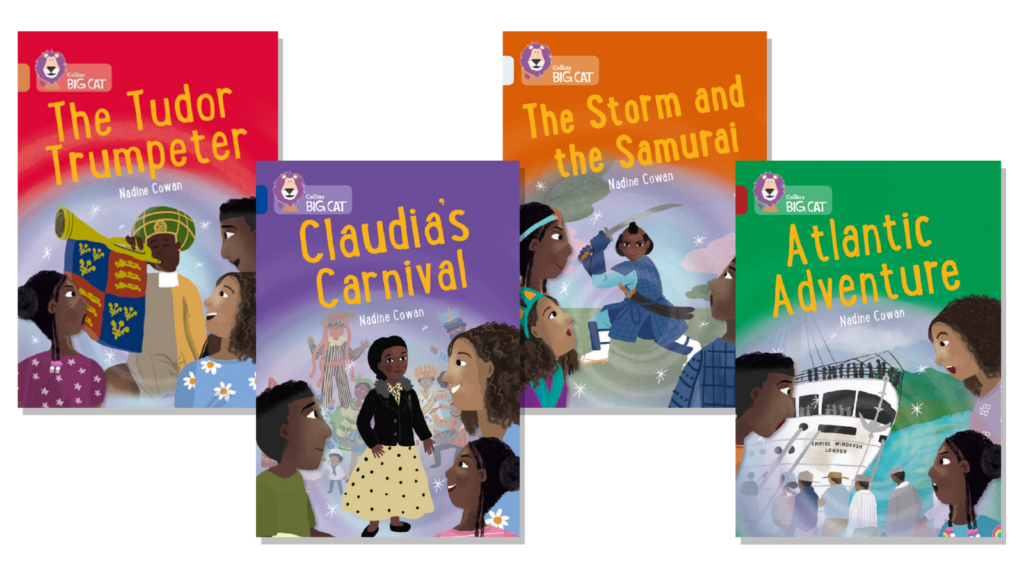May 7 saw the political parties battle it out to see who would govern the UK for the next five years. It’s possible to do a topic on the election in two different ways, one focusing on the actual politics, the other on the election process which is what this set of activities sets out to do.
The theory behind democracy goes back hundreds of years, in fact to the time of King John when the absolute power of the monarch was challenged by the lords and the Magna Carta codified the shift in the balance of power to a democracy.
Activity: Fruit Election!
Suitable for:
Year 2 to Year 6
Learning Focus:
- Understand how slogans focus marketing ideas for businesses and organisations
- Be able to devise a slogan that communicates the intended message
Elections needn’t just be about politics, it’s about choice and here, using fruit, or even drinks, you can set up a fun election for the school.
Decide on which fruits want to be “elected” as the “school fruit” and name the “parties” accordingly.
The first task is to create a slogan and a logo for the party. This can be done as a combined art and English exercise. It’s worth looking at political party logos and slogans for some ideas, then look at advertising slogans. Remind the pupils it should be short and snappy.
Extend the task by getting the pupils to design posters for their fruit, incorporating their slogan and logo.
Activity: Manifesto Time
Suitable for:
Year 2 to Year 6
Learning Focus:
- Be able to communicate an idea simply and in language suitable for the intended audience
A manifesto is a written document that explains what a political party stands for and what it will offer. In this activity, the pupils can explain the benefits of their party fruit.
The writing doesn’t need to be very long but they’ll have to be sure of their facts. They could find out about the health benefits, the taste, what it can be used for, the benefits to the growers as well as how popular it is with children elsewhere.
In completing the writing, the pupils should focus on making it persuasive, clear and concise. They could even use comparison in promoting its benefits against that of the other fruit.
The manifesto could be completed in writing, word processed, done as a poster or as a PowerPoint.
Activity: Hustings!
Suitable for:
Year 2 to Year 6
Learning Focus:
- Be able to speak clearly and persuasively on a topic for a length of time
- To use language effectively to persuade including rhetoric, power of three and language choice
Where elections are won or lost is in the persuasion of the public by a party leader or party member. In this activity, the members of each fruit party can stand up in front of the class or assembly and try to persuade the ‘electorate’ to support their fruit.
There are several ways to do this:
Get younger pupils to write a persuasive sentence about their fruit and read it to the assembly
Ask the whole class to contribute ideas to a speech which a party ‘leader’ will then deliver
Ask each pupil to write a persuasive speech, then choose the four best from each party to be read out in assembly.
In writing the sentence or speech, ask the pupils to focus on key aspects of persuasion. For older pupils, it’s worth listening to some of the speeches from political leaders to identify the use of language devices.
The main points to focus on are:
- Power of three – it’s orange, it’s called an orange and it tastes orangey
- Rhetoric – asking questions for which you don’t need an answer – how could you possibly NOT like bananas
- Powerful language – your life will never be the same after your first pineapple!
Activity: The Election!
This is the culmination of all the pupils’ work.
On the day chosen for the election, put out plates of pieces of the individual fruits having counted them beforehand.
For the election, instead of putting an X in a box, ask the children to choose one piece of fruit and to work out which one wins, find out which fruit has the least left.
You can round up the action with an acceptance speech from the leader of the winning fruit party.




